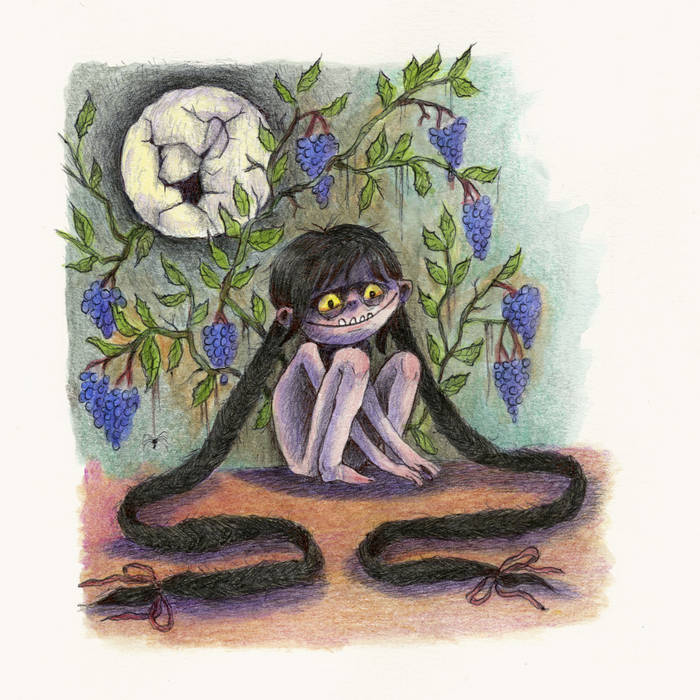By Leila Haghighat
I’ve finally settled on my answer to a likely interview question. In case any medical school admissions officer asks, one of the most difficult decisions of my undergraduate career was scratching my name off the audition signups for UCSD’s New Play Festival.
I had quibbled over the decision to audition for nearly two weeks, and, just before the quarter began, I had mustered the courage to Roger Catalog the best monologues for women. Instead of poring over my o-chem lab manual like a good pre-med, I scoured Geisel for the perfect audition piece.
But ultimately — after mastering my monologue — the time commitment and the conscience of my left brain shot down any chance at discovering my inner Julie Harris.
I soon found the words of Marlon Brando blaring through my head: “I coulda been a contendah.” However, in the days of psychoanalysis that followed, I concluded that acting is, in fact, quite like being a pre-med at UCSD.
As an actor, you memorize a bunch of lines and as a pre-med, let’s be honest, you do the same with acronym-ridden pathways.
Whether you’re an actor or pre-med, you also become aware of your own body. An actor’s ability to control physical expression requires understanding of the body’s physiological mechanisms. A pre-med is, likewise, privy to how the body can be manipulated into affecting a specific motor action. Corticospinal fibers traveling down the dorsolateral tracts from my motor cortex synapse onto the neurons controlling my limbs, so if I command my motor cortex to do so, I can lift Yorick’s skull and begin reciting the world’s most famous monologue.
Furthermore, as an actor, you diagnose the problems that give rise to your character’s quirks in the same way that a physician diagnoses a malady by comparing the patient’s presentation of symptoms with the normal phenotype.
Since acting and being a pre-med cross over so much, I contentedly came to conclusion that, though I wouldn’t be on track for a Tony Award anytime soon, I could vicariously act by being a pre-med. Recalling a New York Times about actresses’ forays into science further put me at ease and convinced me that the audition I skipped wasn’t the be-all and end-all to my thespian future.
According to the February 2011 article, Natalie Portman was a semifinalist at the Intel Science Talent Search, and, though she’s clearly abandoned science for the stage, her more senior counterparts were able to combine the two. Mayim Bialik of “Blossom” fame, took a hiatus from acting to receive her Ph.D. from UCLA in neurobiology and now stars in “The Big Bang Theory.”
So there’s hope for me yet. I take my audition’s failure — and what I’ve learned about acting — as a sign not to think about pursuing a career in one or the other but, instead, to focus on accentuating their similarities and coming up with a way to uniquely combine the two in the not-so-distant future.







